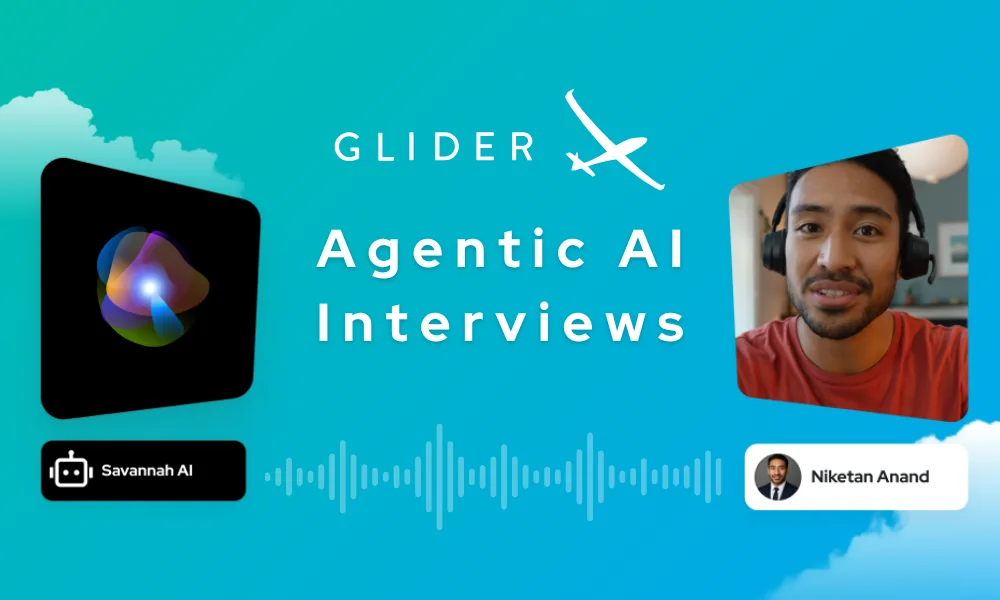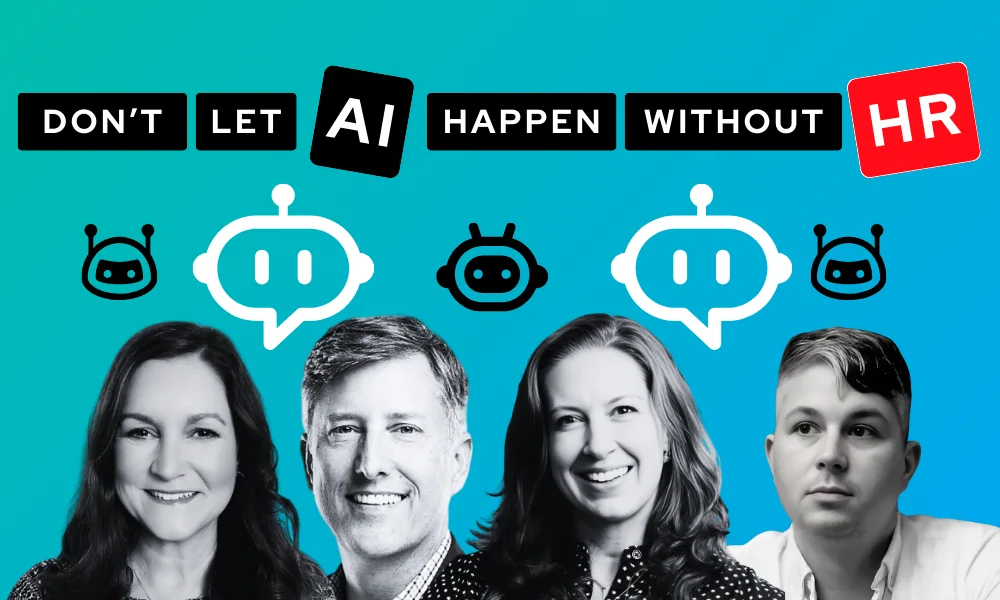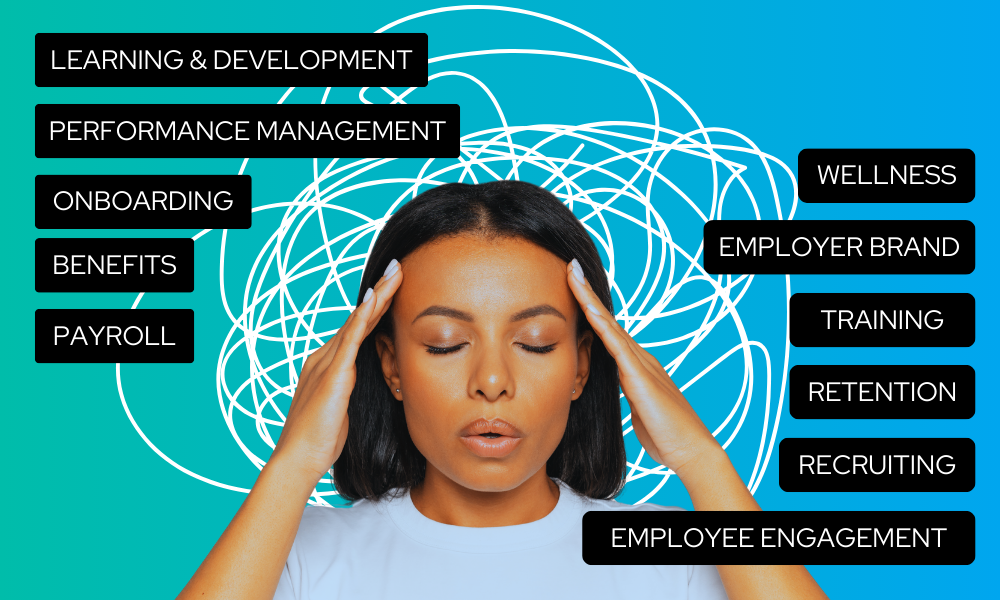AI has successfully made inroads into the recruitment industry in the last few years. From candidate screening to interviews and skill evaluation, we have AI tools to conduct all these HR operations. Which is great, right? Yes. However, being dependent solely on AI is something you must avoid.
This is because there are some elements that AI might lack, such as human insights, empathy, and nuanced decision-making. Meaning, instead of relying totally on AI hiring tools, you should also give equal weightage to your human intelligence.
AI In Skill Assessment: What Should You Do?
Let’s talk about five important things you should keep in mind when using AI for skill assessment.
1. Clearly Define Assessment Objective
First and foremost, be crystal clear about what you want to achieve with the assessment. Define your goals clearly so that you have a solid starting point.
This means figuring out exactly what skills and abilities you want to evaluate. For instance, if you are hiring a sales manager, don’t just focus on technical know-how—also think about the candidate’s leadership skills.
2. Use Different Assessment Methods
Don’t just use one way to check someone’s AI skills. Instead, use a mix of methods like coding challenges, simulations, and tests that put people in different situations.
Why?
Because this gives you a complete picture of someone’s abilities. For instance, don’t just look at their technical skills—also check their softer skills to make sure they’ll fit in with your team.
3. Regularly Update Your AI Models
Similar to how you regularly update your phone, it’s crucial to keep your AI models up-to-date. Wondering why? Well, as you probably know, the job market is always changing. Job seekers are constantly improving their skills and staying updated.
For this reason, it’s essential to regularly update your AI models. This ensures that the system can accurately assess whether a candidate has the required skills or not.
4. Combine AI with Human Judgment
AI is indeed a good fact-checker. It’s awesome at being fair and objective, like a robot judge! But, you know, it’s not enough when it comes to skill assessment.
So, what’s the solution? Team up AI with human judgment. Humans bring in their gut feelings, understanding, and ability to make complex decisions. That way, you will get a full picture of what candidates can do and eventually get the top-quality quality talent.
5. Maintain Transparency and Communication
More important than anything else, it’s on you to keep things straightforward in the skill assessment process. Before you start assessing, let the candidates know exactly how your AI-powered skill assessment works and answer any questions they have.
In a nutshell, make sure your AI skill assessment is designed and carried out in a way that candidates understand what’s going on and feel comfortable with the process.
AI In Skill Assessment: What Should You Avoid?
Now, let’s talk about five things you should steer clear of when testing someone’s AI skills.
1. Avoid Being Completely Dependent on AI
Just like you wouldn’t trust a robot to do everything, it’s a bad idea to rely only on AI when deciding if someone is right for a job. Imagine you are hiring someone for a job, and the AI assessment tool says the candidate is a good match.
But you must know that AI can’t understand everything, like how well someone gets along with others or fits into a company’s culture. That’s where human judgment becomes really important.
2. Don’t Disregard Candidate Experience
When using AI for skill assessment, don’t forget to think about how the person being tested feels. Going through an AI skill test is probably a new experience for them, just like it might be for you.
So, it’s super important to provide the best hiring experience to candidates by making sure the whole process is easy for them. When candidates feel comfortable and trust the assessment, they are more likely to give their best, and that’s how you get a more accurate picture of what they can do.
3. Steer Clear of Rigid Assessment Models
Think of AI like a new student in a class – it’s learning, but it’s still got a lot to figure out. AI uses old information, kind of like using an outdated textbook. So, if you only rely on this old information to decide if someone is right for a job, it might not match what you need now.
So, when picking AI tools for hiring, it’s better to pick AI skill assessment tools like Glider AI that can adapt and change along with what your company needs.
4. Don’t Assume One-Size-Fits-All
Imagine if you tried to use one-size-fits-all shoes for all kinds of activities – running, playing basketball, or going to a fancy party. It just wouldn’t work, right? Well, the same goes for AI-based skill assessment tools.
Whether you’re hiring someone new or looking for a big boss (like a VP), you can’t use the same AI assessment tool or method. For the best candidate evaluation, you have to customize the tests to match each role’s unique needs.
5. Don’t Overlook Ethical Considerations
The last thing to avoid when using AI for skill assessment is forgetting to be fair and honest. When you choose AI-based skill assessment, it’s crucial to inform candidates about how the data collected will be used and stored.
Just as you wouldn’t want your personal information mishandled, treat others the same way by following the rules to keep everything private and secure.
Conclusion: It is indeed a welcome step that you embrace AI recruitment tools like Glider AI for skill assessment. However, there are certain rules you must adhere to when it comes to AI. Not only is AI still at the nascent stage, but it also lacks many things that humans have. So, instead of solely relying on AI for skill assessment, it is best to combine it with human judgment and intuition for a more effective candidate evaluation.
FAQs
What is a skill assessment, and why is it important?
A skill assessment is a test that evaluates a candidate’s abilities and knowledge. It’s a very crucial part of the hiring cycle as it helps recruiters understand a candidate’s strengths– eventually, ensuring the right fit for the job.
How can I make skill assessments effective for hiring?
Make assessments clear on what skills are needed. Use diverse methods instead of being stuck to one. Also, keep AI models updated to reflect current job market needs.
Is it okay to rely solely on AI for skill assessments?
No, it’s not advisable. While AI is great at certain things, it lacks human insights and understanding. The right practice would be combining AI with human judgment to ensure a more thorough evaluation.
Can I use the same skill assessment for all job roles?
No, it’s like trying to use one-size-fits-all shoes for different activities. Customize assessments for each role to ensure accurate evaluation of unique needs.
How can I maintain fairness and ethics in skill assessments?
Be transparent about how data is used. Treat candidates ethically, informing them of privacy measures. Remember that following ethical considerations is one of the best AI practices to ensure a fair and honest assessment process.



